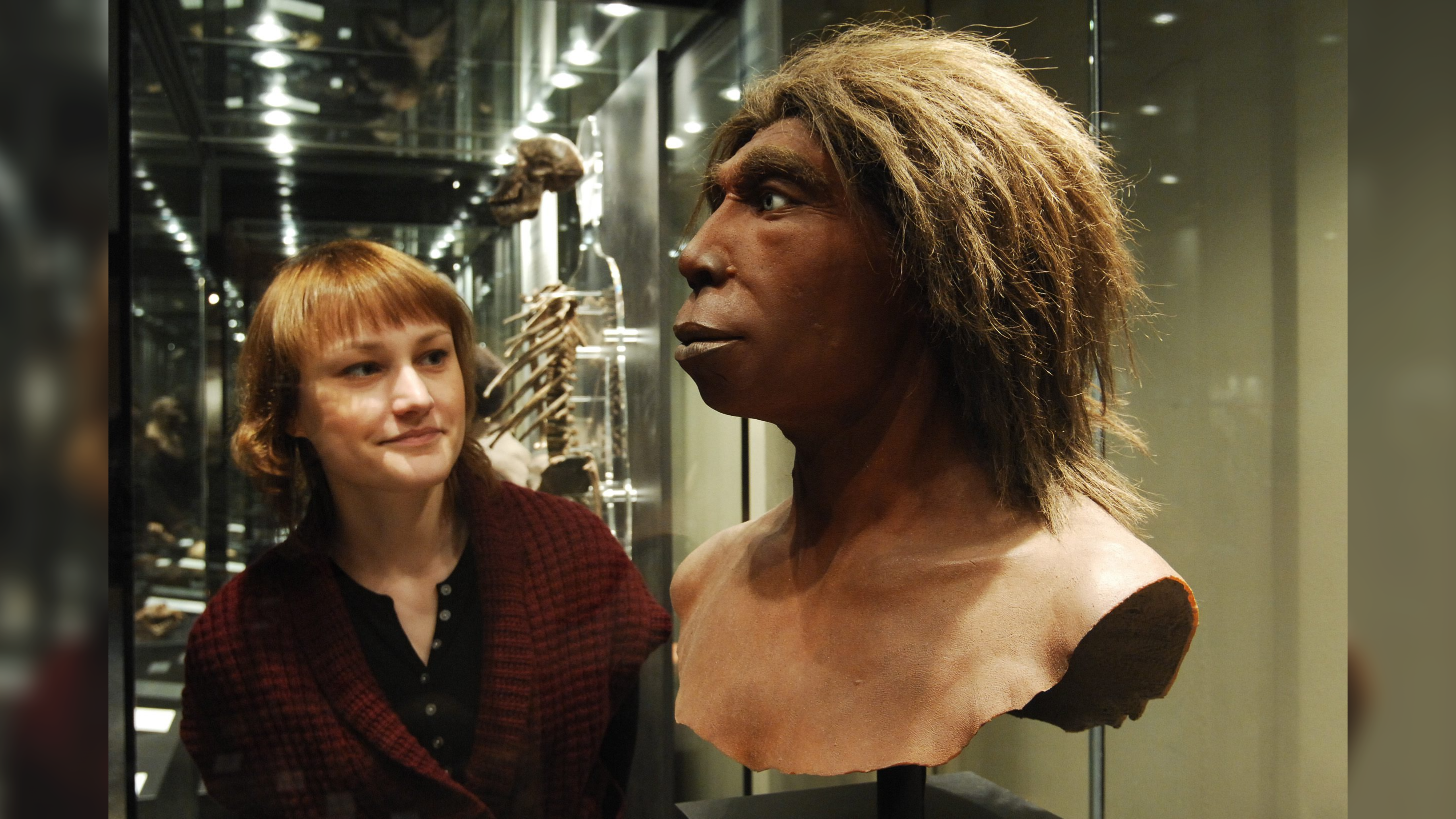1st-of-its-kind heart transplant in infant could prevent organ rejection
The procedure may prevent the child's body from rejecting the organ without the need for lifelong drugs to suppress the immune system.

Get the world’s most fascinating discoveries delivered straight to your inbox.
You are now subscribed
Your newsletter sign-up was successful
Want to add more newsletters?
Join the club
Get full access to premium articles, exclusive features and a growing list of member rewards.
A baby in North Carolina has received a first-of-its-kind heart transplant that may prevent his body from rejecting the organ without the need for lifelong drugs to suppress the immune system.
The child, Easton Sinnamon, is the first person to receive a heart transplant along with implantation of thymus tissue from the same donor, according to a statement from Duke University, where the procedure was performed. Because the thymus plays an important role in immune system function — in particular, teaching the body to recognize its own cells and tissues versus foreign invaders — it's possible that this combination transplant could allow the child's body to accept the new heart as part of itself instead of treating it as a foreign organ.
"We thought, if we did a thymus and heart transplant on Easton, there's a potential that taking that from the same donor will allow that transplanted heart to be recognized as self," Dr. Joseph Turek, Duke's chief of pediatric cardiac surgery, said in a media briefing on Monday (March 7).
Much more research is needed to see if this combination transplant allows Easton to live without immunosuppressive drugs — which are typically necessary in transplant patients to stop the body from rejecting the organ — as well as whether it could work for other transplant recipients.
If the approach proves successful, it could potentially "be applied to all solid organs down the road," Turek said.
Related: How long can organs stay outside the body before being transplanted?
Easton was born with a heart defect and underwent open heart surgery at just 5 days old, according to Duke University. But the surgery wasn't enough to fix the problem, and Easton's doctors determined he would need a heart transplant to survive.
Get the world’s most fascinating discoveries delivered straight to your inbox.
Then, doctors discovered that Easton also had a thymus condition that meant he would need transplanted thymus tissue. Serendipitously, researchers at Duke had been studying this very combination — a heart and thymus transplant — in animal models.
With special approval from the Food and Drug Administration, Easton's doctors performed his heart transplant on Aug. 6, 2021, when he was 6 months old; and two weeks later, they implanted thymus tissue from the same donor that had been cultured in a laboratory.
Tests taken 172 days after the transplant show that the thymus tissue is working to produce immune cells known as T-cells in Easton's body, according to Duke University. Although Easton is currently taking immunosuppressive drugs to prevent organ rejection, his doctors will attempt to taper him off the drugs in the next few months to see if his body treats the new organ as "self."
Usually, transplant recipients must take immunosuppressive drugs their entire lives to prevent organ rejection. But long-term use of the drugs can be toxic, particularly to the kidneys, Turek said. And even with the drugs, the organs may eventually be rejected, with the typical donated heart lasting around 10 to 15 years, according to Duke University.
Easton's case "could truly change the way that transplants are done in the future," Turek said.
Still, even if the procedure works for Easton, there are additional challenges in applying the technique to people with a functioning thymus, NBC News reported. "The main issue is we have to try to figure out how to do this in a patient that has a very competent immune system, where you'll have a native thymus competing with the donor thymus tissue," Turek said, according to NBC News.
Easton continues to do well and recently turned 1 year old. "We not only were able to be given the gift to have our son back, but we were also able to give the gift of this possibility with the thymus, to help expand this for other children that are going through the same thing," Easton's mother, Kaitlyn Sinnamon, said in the briefing.
Originally published on Live Science.

Rachael is a Live Science contributor, and was a former channel editor and senior writer for Live Science between 2010 and 2022. She has a master's degree in journalism from New York University's Science, Health and Environmental Reporting Program. She also holds a B.S. in molecular biology and an M.S. in biology from the University of California, San Diego. Her work has appeared in Scienceline, The Washington Post and Scientific American.
 Live Science Plus
Live Science Plus










